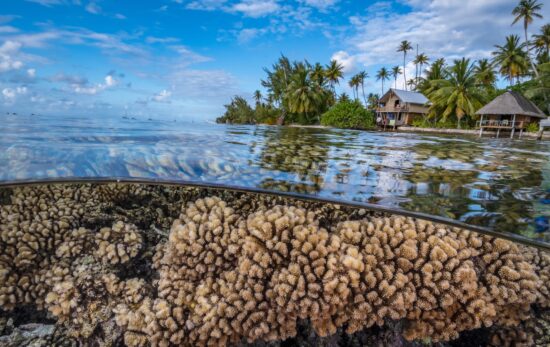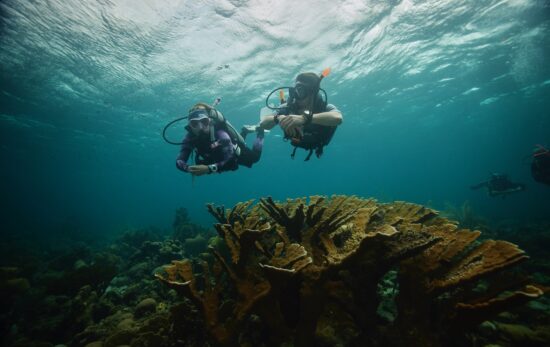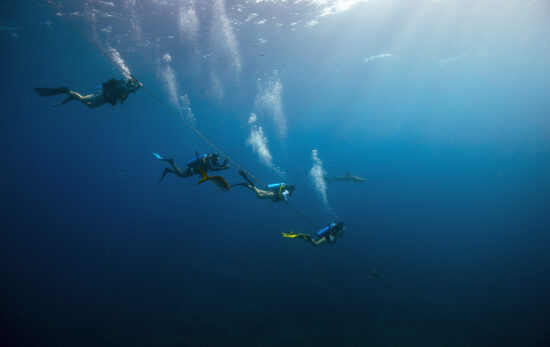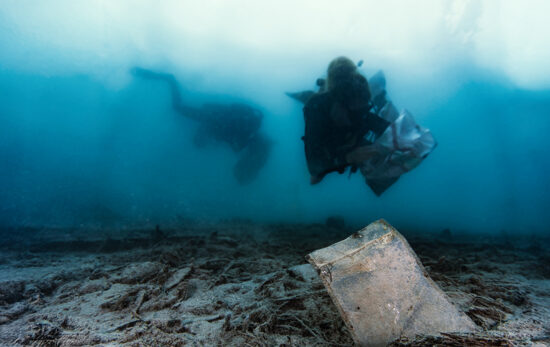Many scuba divers start out with a passion for thrills – thrills that come from breathing underwater, exploring the ocean’s depths and meeting fascinating marine life. This initial passion for thrills often grows into a love for and dedication to the marine environment, which today, more than ever, goes hand-in-hand with ocean conservation. As divers witness the degradation of ocean habitats and learn about methods to save them, they become more aware of their responsibility to make sustainable travel choices.
On the other side of tourism lie the coastal communities that rely on the marine environment for their livelihoods. Being economically viable in these communities often means a reliance on farming, fishing, mining, drilling for oil, and other practices that are potentially harmful to the marine world if not practiced sustainably. Tourism is often the only valid alternative to such traditional income sources. And, if this is sustainable and in balance with nature, relying more heavily on this tourism can be of benefit to the marine world.
All in all, the stunning marine landscapes that attract travelers from around the globe provide economic opportunities for communities and ecosystems along the coast. Because of this, they serve as a cornerstone for the ‘Blue Economy.’
The Blue Economy emphasizes the use of ocean resources for economic growth, improved livelihoods, and the health of ocean ecosystems. As divers and travelers, we are in a unique position to support a healthy Blue Economy, delicately navigating the balance between using the ocean for tourism, which then supports local economies, and conserving the ocean for future use. We can do so by supporting sustainable tourism or regenerative tourism. But, what’s the difference between the two?
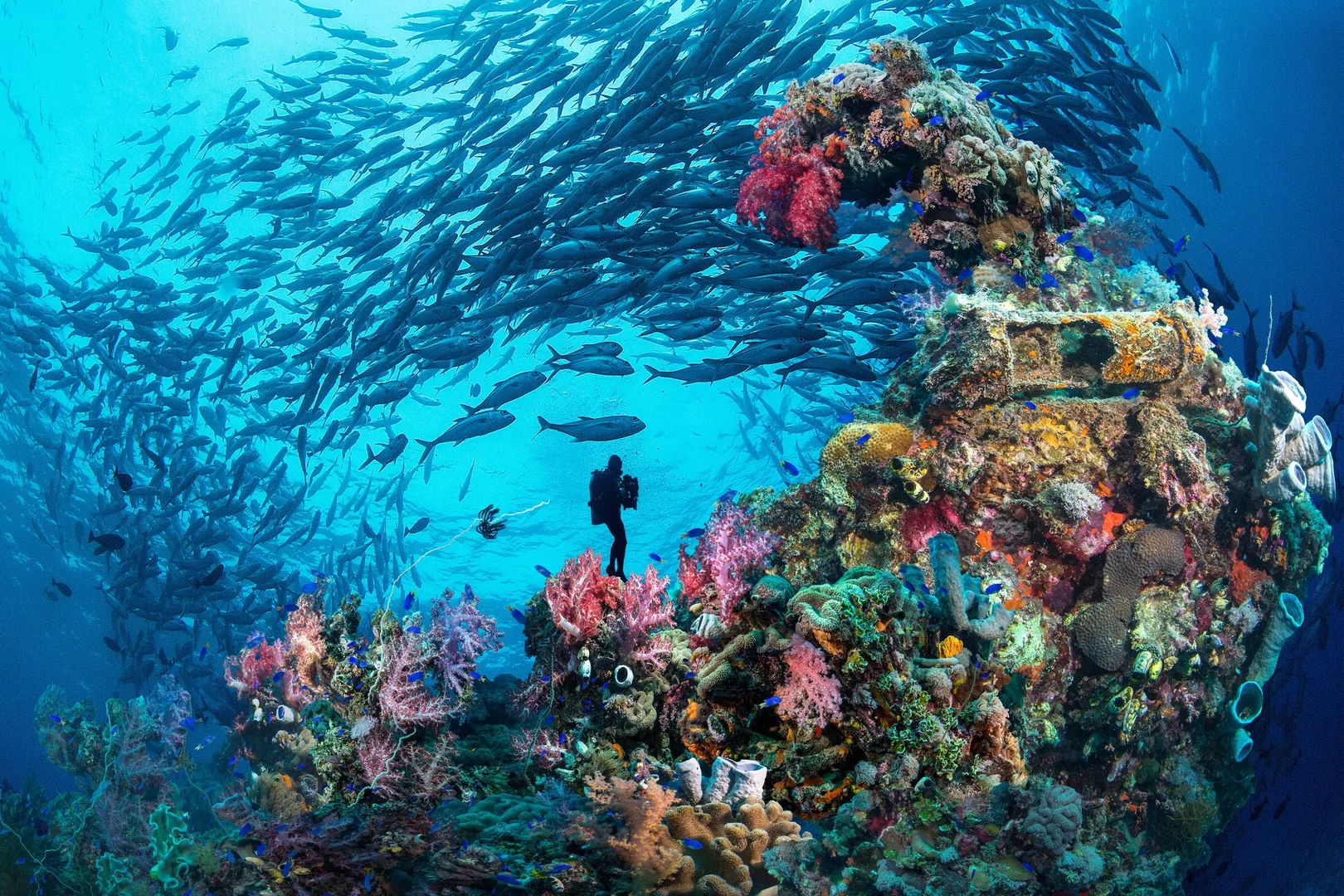
Sustainable Travel vs. Regenerative Travel
While both sustainable travel and regenerative travel aim to impact tourism positively, they differ in their approach.
Sustainable travel focuses on minimizing the negative environmental impact of tourism. This involves leaving no trace, reducing carbon emissions, and preserving destinations for future generations.
Regenerative travel, however, takes a proactive approach to tourism. With regenerative travel, the environments of tourist destinations are enhanced by visitors thanks to their active contributions to environmental rejuvenation projects and community outreach.
Participating in coral restoration projects, taking part in a citizen science study or supporting local conservation initiatives are examples of how travelers can contribute to regenerative tourism.
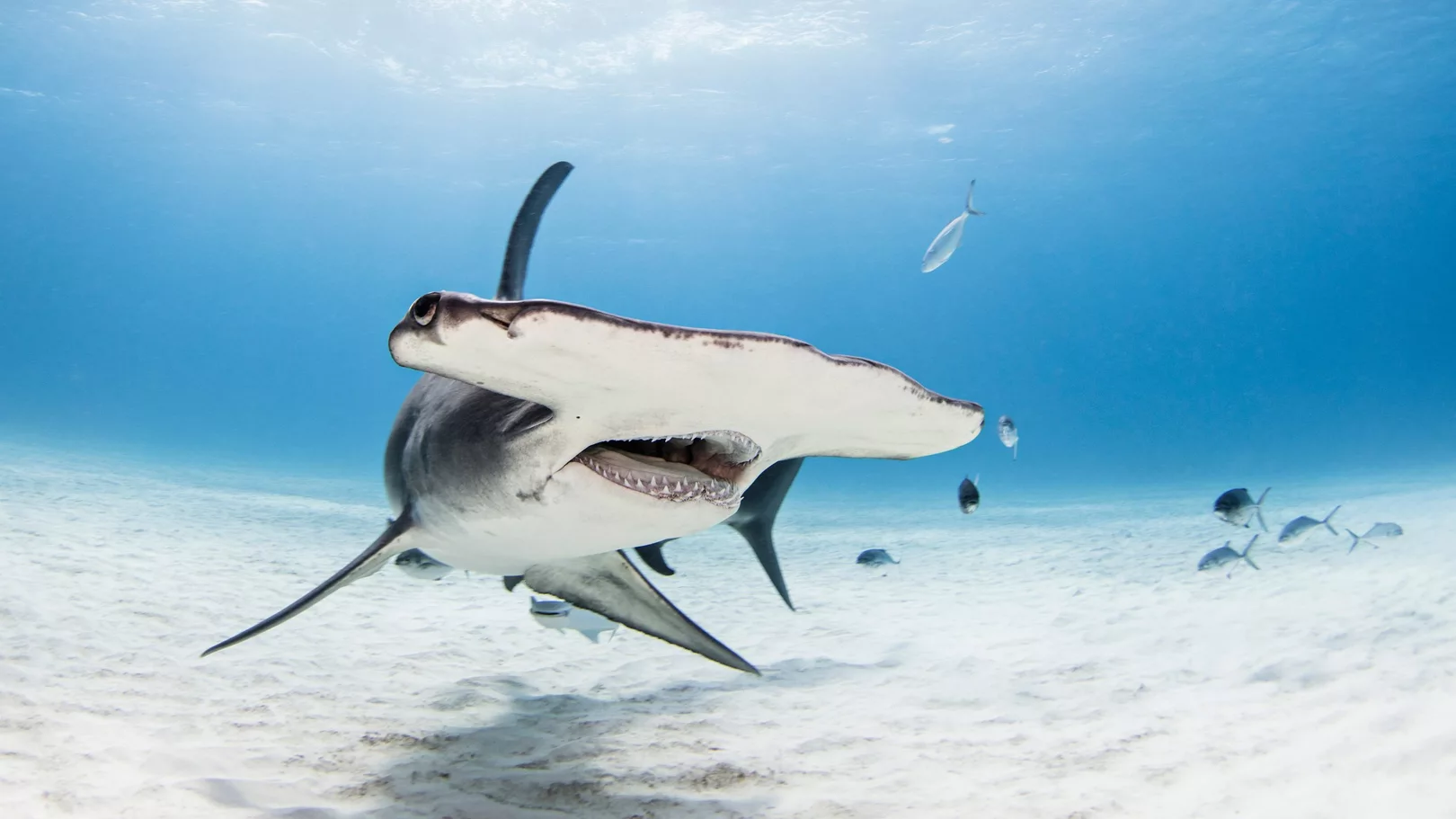
What Is Regenerative Travel for Divers?
For us divers, regenerative travel means diving with a purpose. It means selecting operators that don’t just show us the underwater world but also take active steps to protect and restore it. It’s a choice that ensures our dives contribute to healing the seas.
Regenerative divers might partake in underwater cleanups, help collect data for marine research, or engage in citizen outreach projects. Through these actions, they don’t just witness the underwater world, they become part of its restoration story.
Complementary Approaches to Responsible Travel
You might wonder if you have to choose between sustainable and regenerative travel. The answer is a clear no. They represent different approaches to responsible travel, each supporting the other.
Sustainable and regenerative travel practices help protect and improve nature and culture. Sustainable practices focus on keeping the underwater environment and animals safe – causing no harm during your visit. Regenerative practices go even further, aiming to repair and enhance these places for the benefit of everyone in the future.
Working in conjunction with one another, both of these methods can have a positive impact on the marine environment as a place to live and visit, benefiting local residents and tourists. This creates a win-win situation, strengthening the Blue Economy while caring for our planet and its inhabitants.
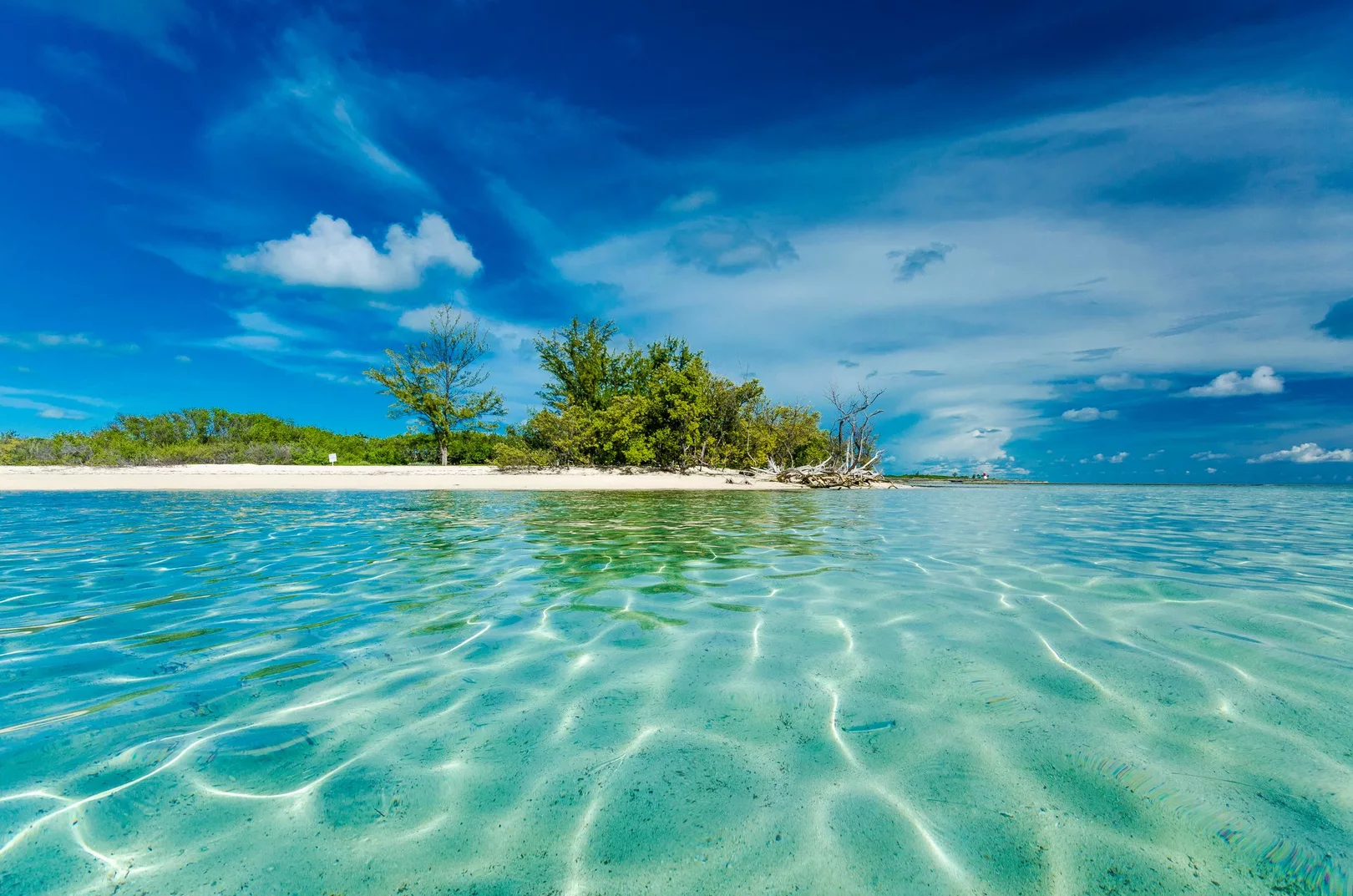
Dive with a Purpose – Go Eco!
As we navigate the choices that shape our world, the importance of sustainable travel and active, regenerative travel becomes undeniably clear. Divers, in particular, can actively participate in the Blue Economy, casting a powerful vote for the validity of sustainable practices by choosing to dive with a sustainable or regenerative operation or location.
This choice supports achieving a balance between humanity and the Ocean, enriches our lives, and contributes positively to the planet. By selecting destinations and operators that align with these values, we can signal our support for meaningful conservation and become part of a larger movement toward regenerative travel.
Making sustainable choices and supporting regenerative tourism has never been easier. Choose an Eco Center for your next adventure and experience the true value of being actively engaged in the conservation and regeneration of our oceans first-hand.

